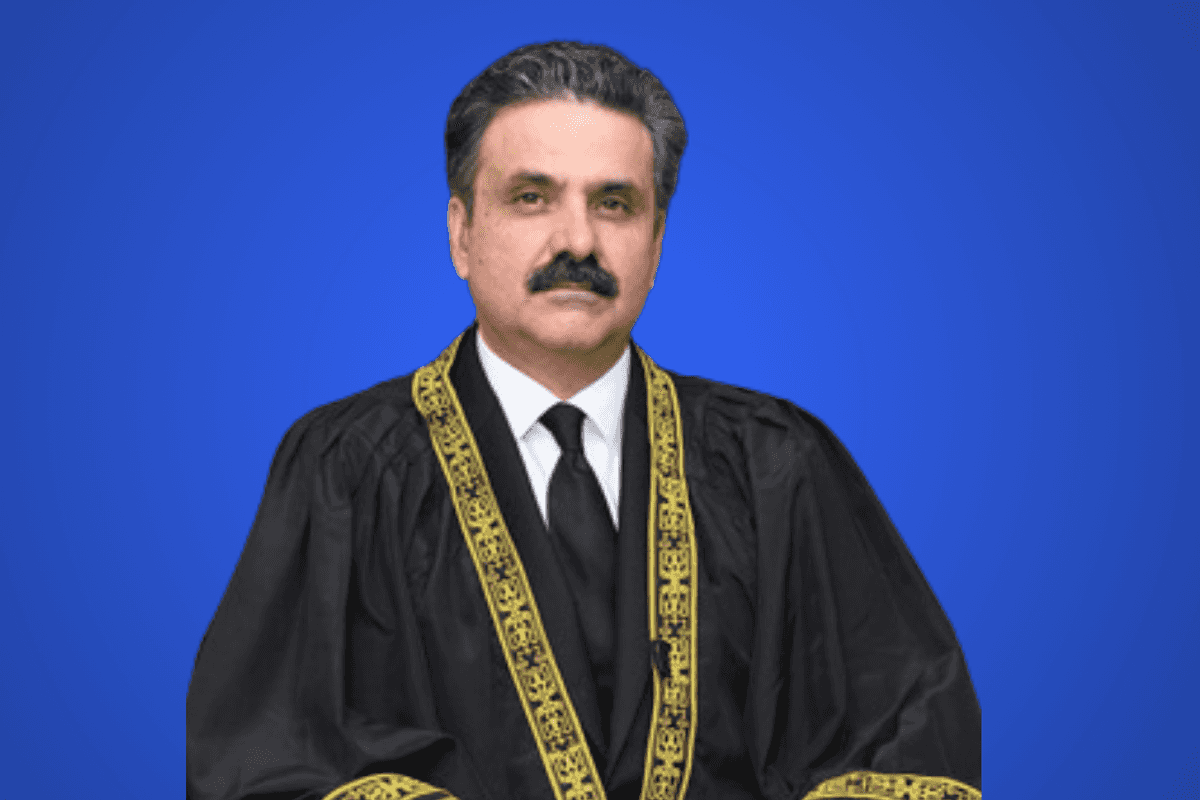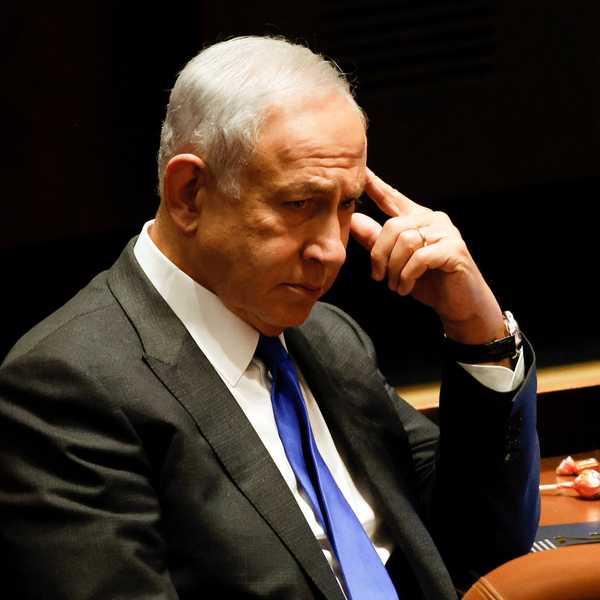Pakistan’s top judge summons full court to discuss 27th Amendment amid judicial concerns
Justice Panhwar’s letter warned amendment could undermine judicial independence and public confidence, prompting the meeting
Ali Hamza
Correspondent
Ali; a journalist with 3 years of experience, working in Newspaper. Worked in Field, covered Big Legal Constitutional and Political Events in Pakistan since 2022. Graduate of DePaul University, Chicago.

Pakistan’s Chief Justice, Yahya Afridi, has summoned a full court meeting of the Supreme Court on Friday to deliberate the 27th Constitutional Amendment, following rising concerns within the judiciary about its potential impact on judicial independence.
The amendment, which was passed by the National Assembly and approved by the Senate on Thursday with a two-thirds majority, has sparked strong opposition from lawmakers who warn it could undermine the authority of the courts. The legislation includes several changes proposed during parliamentary deliberations, prompting scrutiny from the legal community.
The call for the meeting follows a letter from Supreme Court Justice Salahuddin Panhwar to Chief Justice Afridi, in which he cautioned that the proposed amendment “appears to touch the very foundations upon which the edifice of our judiciary rests.” Justice Panhwar warned that any undue influence by the executive or legislature could weaken the rule of law and erode public confidence in Pakistan’s courts.
Similar concerns were expressed earlier by Justices Mansoor Ali Shah and Athar Minallah, who wrote to the Chief Justice highlighting potential threats to the independence and authority of the judiciary. In his communication, Justice Panhwar emphasized that the amendment could affect “the security of tenure, the composition of benches, the appointment and removal of judges, or even the financial and administrative autonomy of our courts.”
He recommended a clause-by-clause review of the amendment against constitutional Articles 175 to 209 to assess whether it strengthens or diminishes judicial independence.
“The judiciary is the servant of the Constitution, not its master, but neither may it stand by if its independence is diminished,” Justice Panhwar wrote, urging the court to deliberate collectively “in calm and reason” to safeguard constitutional boundaries.
The amendment has already faced legal challenges.
On Tuesday, former chief justice of Pakistan Jawwad S. Khawaja filed a petition in the Supreme Court, arguing that only the top court should have authority to determine the constitutionality of any law or amendment. The petition, submitted through Advocate Khwaja Ahmad Hosain, seeks to strike down provisions that transfer or reduce the Supreme Court’s constitutional jurisdiction.
A separate petition was filed on Wednesday in the Lahore High Court by citizen Hassan Latif, who contends that the amendment contradicts the Constitution’s preamble and undermines judicial independence. The petition challenges the establishment of a Federal Constitutional Court intended to assume the Supreme Court’s original, appellate, and advisory powers, calling on the court to declare the transfer of constitutional cases to another court invalid.







Comments
See what people are discussing